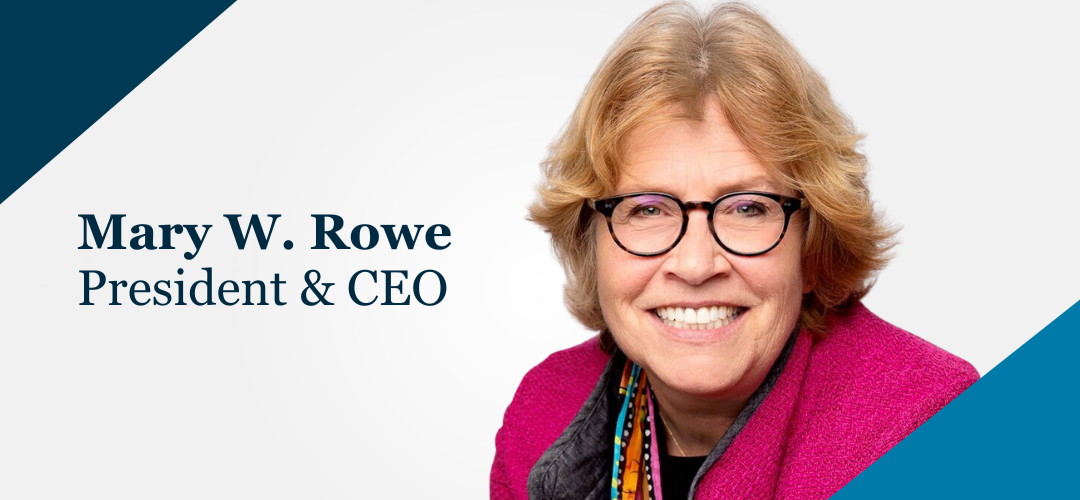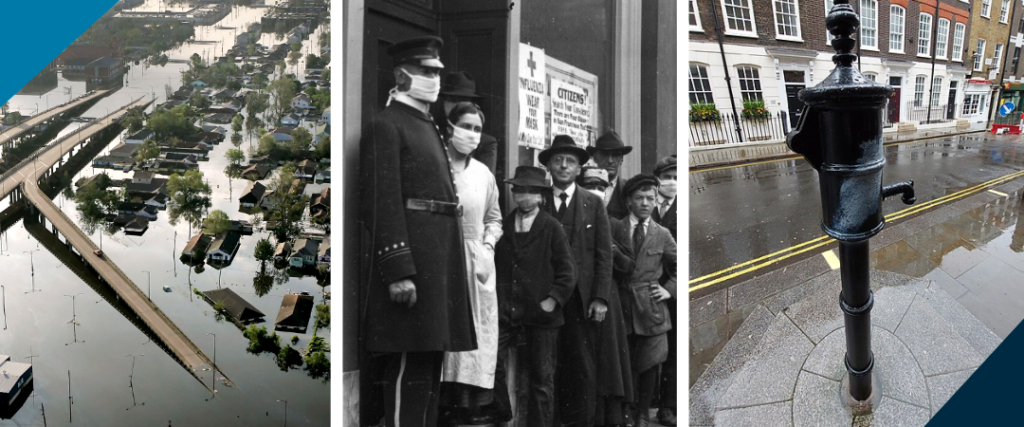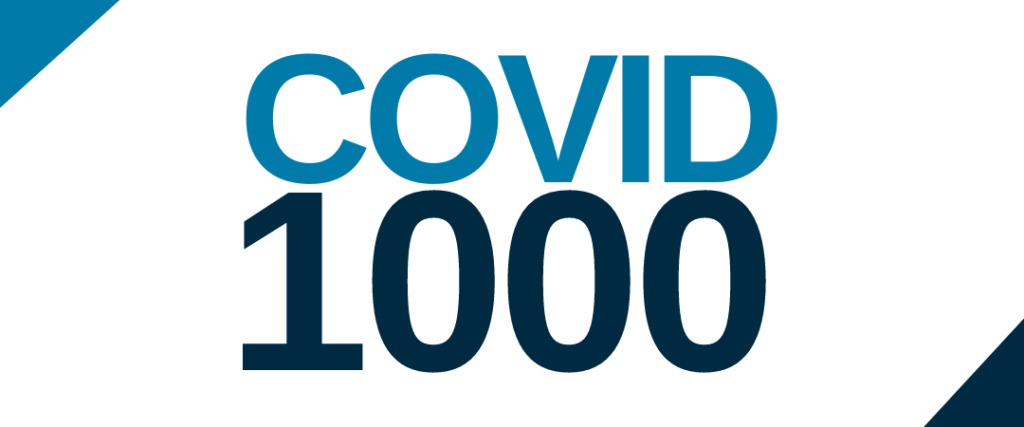How will we harness our COVID Dividend?

Dear friends,
We are nearing 1000 days since the World Health Organization declared COVID a global pandemic.
As we collectively emerge from the most severe impacts of both the virus and the efforts to contain it, Canada’s cities are facing significantly more complex challenges than before.
Although the acute impacts of COVID may be receding somewhat, urban areas are faced with numerous issues:
- A generational housing crisis, exacerbated by a mismatch between supply and demand, rising borrowing costs, supply chain constraints, rising land costs, and other factors
- The decline of downtown visits and activity — from residents, workers, and tourists — extending the shuttering of retail spacesand erosion of amenities
- A critical need for coordinated urban mental health and addictions strategies, especially for vulnerable populations without housing options and supports
- The resurgence of encampments in parks and public space, sparking conflicts between people and businesses, communities, service providers, and government jurisdictions
- The implications of continuing work-from-home patterns for public transit, urban vitality, and the financial sustainability of municipal services
- The unpredictability of climate events – flooding, fires, and the looming risks of aging infrastructure
- The disproportionate impact of the pandemic and containment efforts on equity-deserving people and communities

Throughout history, urban disasters have prompted remarkable innovations. London’s 1854 cholera outbreak led to municipal water systems and the global 1918 influenza pandemic launched public immunization programs. In New Orleans, the fatal failures of engineered levees following Hurricane Katrina spurred the city to embed a ‘multiple lines of defense’ strategy, including natural systems, which now inform resilience planning around the world.
We all recognize the enormous human and financial toll of tragic events like these, as well as the COVID pandemic. But we are not always as quick to recognize the profound dividends of these events — the behavioral shifts, infrastructure improvements, and policy redirections.
What will be the ‘COVID Dividends’ that influence how we build cities of the future?
As we saw firsthand, our local governments, businesses, and community organizations were on the front lines, compelled to improvise and respond quickly to changing conditions. Which of these ad hoc measures will be the ones to ‘stick’? The Canadian Urban Institute will tackle those questions this fall with the return of CityTalk — dynamic online conversations that bring together people with distinct voices, perspectives, and opinions.
And on December 7, CUI is convening, along with national partners, a special summit to mark the thousandth day of the world living with a global pandemic. Our panellists and participants across the country will not only take stock of ways the pandemic reshaped our cities, but also highlight our best learnings – the COVID Dividends – for a robust, resilient, and equitable recovery.

Throughout the fall, CUI is collaborating with our partners on a slate of research projects, advocacy campaigns, and community engagement programs.
- The importance of Main Streets as key components of urban infrastructure, with a large research project supported by the Research and Knowledge Initiative of Infrastructure and Communities Canada (INFC), together with the School of Cities at the University of Toronto, Open North, and Environics Analytics
- The future of downtowns — including the repurposing of underutilized assets — through research about the conversion of commercial buildings to residential uses in cities across Canada, with technical expertise from Gensler & Associates and the University of Calgary and funding provided by the Canada Mortgage and Housing Corporation, and a pilot project about parking lots as alternative community assets, in partnership with REEF Technology, the Center for Civilization at the University of Calgary School of Architecture, Planning and Landscape, and The City of Calgary
- The persistent challenge of housing supply, core housing need, and addressing the data gaps that inhibit regional coordination and problem solving — through projects with the National Housing Council, Big City Executive Partnership (BiCEP), municipal housing leaders, and the Greater Toronto and Hamilton Area’s Affordable Housing Table
- The evolving role of community anchor institutions, particularly libraries, as centres of community resilience, knowledge sharing and community problem solving — collaborating with the Canadian Urban Libraries Council
- Ways to support community-led placemaking and economic development, through the INFC-supported Canada Healthy Communities Initiative with Community Foundations of Canada, and My Main Street Canada, with the Economic Developers Council of Canada and supported by FedDev Ontario
- Building a pan-Canada alliance of urban leadership with the Big City Executive Partnership, academic institutions focused on cities, and working closely with other civic leaders including the Canadian Global Cities Council and other key stakeholders focused on housing, mental health and addictions, transit, climate, culture, and the fiscal challenges facing cities
Canada is not alone in coming to terms with post-pandemic urban challenges. Next week, CUI will be in Potsdam, Germany for the first-everG7 Urban Development Ministers Meeting. CUI Urban Fellow Bruce Katz will address national leaders about the crucial importance of empowering regional urban alliances to drive innovation and resilience.
CUI builds connective tissue across the country, harnessing the best on-the-ground energy and expertise to address our most pressing urban challenges.
As COVID recedes, we cannot lose sight of the enormous costs to our families, communities, and collective well-being, while also seizing on the potential of everything we learned: the COVID dividends.

Mary W. Rowe
